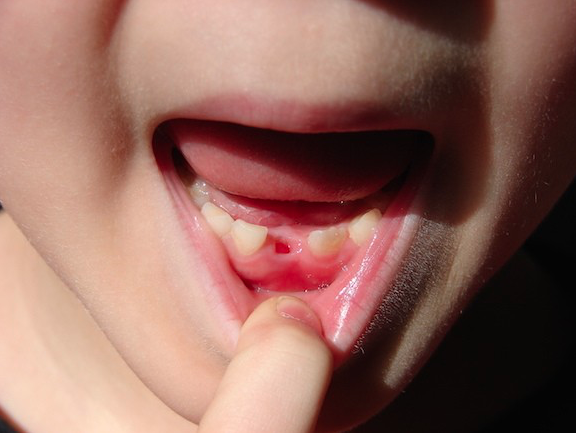Researchers close in on ways to prevent child tooth decay

Around 2700 Victorian children aged 0-6 years are hospitalised each year for preventable dental conditions — most of them requiring treatment of dental decay under general anaesthetic.
This is among the findings to be presented at a symposium in Melbourne on Wednesday, where dentists and scientists will discuss the latest evidence on oral health in young children, and innovations in prevention and treatment.
Presentations will come from a range of fields including molecular science, genetics, paediatric dentistry, tele-medicine and epidemiology.
Oral Health CRC Chief Executive Officer Eric Reynolds said most oral disease in young children is preventable.
“We need to continue investigating new ways of reducing oral disease for this group, using the latest scientific evidence to inform prevention and education programs, clinical practices and the development of new treatments,” Professor Reynolds said.
Microbiologist Professor Stuart Dashper is part of a team working on a long‐term research project, VicGen, that has tracked the bacterial composition of children’s saliva from the age of one month to five years.
The study has found that infants who do not develop a healthy mix of oral bacteria (what is known as the microbiome), are more susceptible to decay in three or four years’ time.
“We found a correlation between the number of bacterial species in an infant’s saliva and advanced dental decay by the time that child is five,” Professor Dashper said.
“We are continuing research to get a better understanding of how communities of oral bacteria develop in young children and hope to soon be able to use these biomarkers to help identify children at risk of dental disease.”
Professor Reynolds will present on the development and testing of new products for the prevention and early treatment of decay in children.
His team is currently investigating the use of compounds that act as prebiotics in the mouth, encouraging the growth of beneficial bacteria that keep disease-causing bacteria in balance.
Melbourne Dental School Head Mike Morgan said deciduous, or baby, teeth are critical for later dental health.
“Poor health in first teeth can affect the health of adult teeth and may lead to a life‐time of dental problems that can have an impact on diet and general health,” Professor Morgan said.
The Early Childhood Oral Health Research Symposium is being presented by the University of Melbourne and the Oral Health CRC in Melbourne on Wednesday 28 September. It will be opened by the Victorian Parliamentary Secretary for Medical Research Frank McGuire.